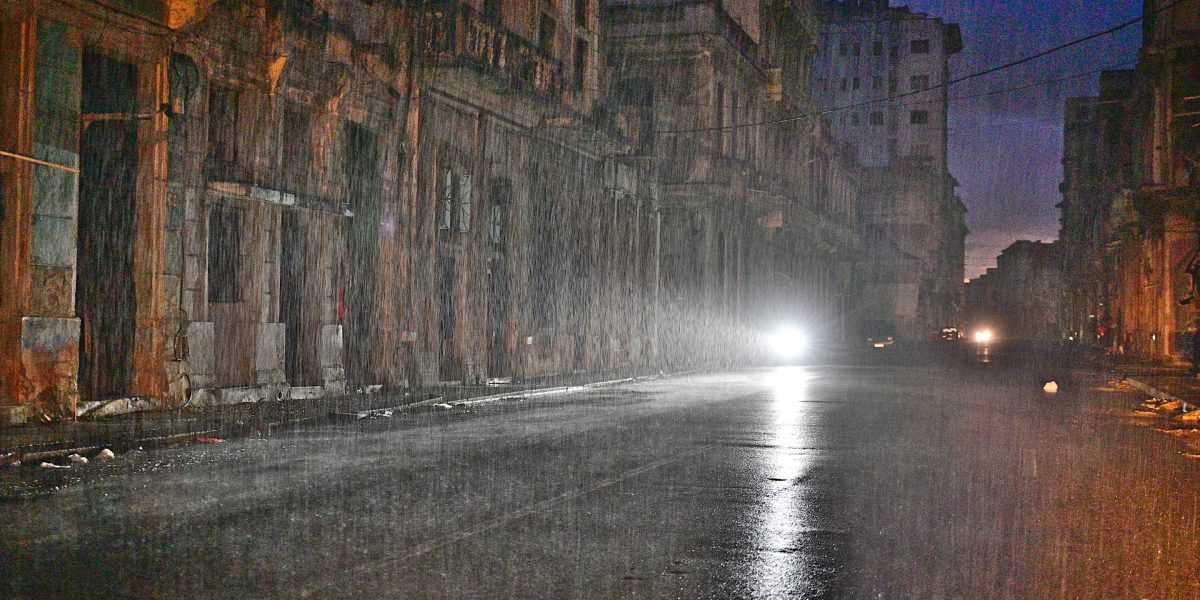Cubans expressed rage and disappointment in their government on Sunday, as they dealt with day three of a near-total nationwide power outage, with residents of the island nation running short on cash, watching their food spoil and carrying water in buckets.
“What is going to happen to my daughter?” asked a desperate Adismary Cuza, worried for the 21-year-old whose medication for a chronic kidney disease needs to be chilled.
“My refrigerator has been down for three days and I am afraid everything is going to go to waste,” she said on her way to work in Havana’s old quarter.
“What is going to happen in this country?” asked Cuza.
Residents of Communist-run Cuba have grown used to sporadic blackouts, but Cuza questioned how authorities could have allowed the entire grid to go down.
The power grid failed in a chain reaction Friday due to the unexpected shutdown of the biggest of the island’s eight decrepit coal-fired power plants, according to the head of electricity supply at the energy ministry, Lazaro Guerra.
Crews have been scrambling to restore power, but while some customers were back online, the blackout remained near total on Sunday, according to officials.
‘No life here’
Serguei Castillo, a 68-year-old retired construction worker, was as worried as Cuza.
He went out in search of cigarettes, although he had no cash since banks had been closed since Friday and ATMs were down.
“There is no life here. This country gives nothing,” said Castillo, who retired three years ago and receives a monthly pension that is equivalent to about $38.
He said he had been living on junk food for two days.
Cuba was already dealing with its worst economic crisis in 30 years, battling sky-high inflation and shortages of food, medicine, fuel and water, plus increasingly frequent power outages.
“Two days without electricity? What is this, sir? What is going to happen? Cubans are tired of so many problems,” said Castillo.
In recent months some provinces have had to put up with blackouts lasting as long as 20 hours per day.
‘Paralyzed’
The blackout has had knock-on effects, too. Among other things, no electricity means many buildings cannot pump water.
In the Vedado neighborhood, Isabel, 51, said her husband had just carried 20 buckets of water up to their second-floor apartment.
She said they were able to tolerate power outages that lasted a few hours, but the extended blackout was unacceptable.
“This is a lack of respect for people. I have no other way to describe what is happening,” said Isabel, who declined to give her last name.
“A country paralyzed for three days is too much,” she said.
Luis Jimenez, a 22-year-old university student, said he frets over the future — the next few days, and over the longer term.
“If this is not resolved soon I don’t know how we will live in the next few days,” he said.
“This is a country in ruins. It is destroyed,” said Jimenez.
